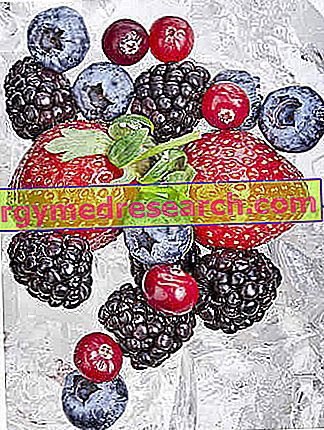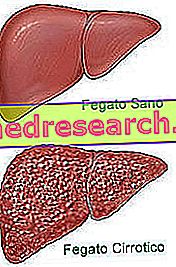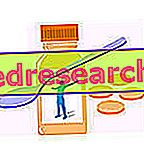An antigen is a molecule recognized as foreign or potentially dangerous by an organism's immune system, which fights it through the production of antibodies. Most of the antigens are able to produce a specific immune response, aimed at their removal and coordinated by the T and B lymphocytes (the same cells responsible for their recognition).
Antigenicity is the ability of the antigen to combine specifically with antibodies and receptors specific to it (the receptors for the antigen present on T and B cells); immunogenicity, or "immunogenic" power, reflects instead the ability of the antigen to induce an immune response (mediated by T and B cells). Therefore each immunogenic molecule is also antigenic, but not all antigens are immunogenic.
Antigens can be classified as endogenous or exogenous, depending on whether they have indigenous origins or are foreign to the organism. The latter penetrate the body in the form of bacteria, viruses, chemicals, pollen, etc. and are phagocytized (eaten and digested) by appropriate cells (macrophages, monocytes and neutrophil granulocytes). Some residues of the digestive process are presented on the cell membrane of the phagocyte (class II MHC) and recognized by T helper lymphocytes, which secrete cytokines by stimulating the proliferation of activated B lymphocytes, macrophages and other particles. The endogenous antigens, confined within the cells, are also processed and exposed on the cell surface (class I MHC); here they are recognized by cytotoxic T lymphocytes, which release substances capable of killing the infected cell by lysis or apoptosis (suicide).
Normally the immune system does not allow antibodies to be synthesized against its own molecules (self); this control is not very effective in autoimmune diseases, where direct immune reactions are established against cells of the body, recognized and identified as if they were dangerous external agents.
Usually antigens are proteic or polysaccharidic, but even simpler elements (metals, DNA fragments, etc.) can become antigenic and immunogenic by combining with the organism's own proteins and modifying them.



